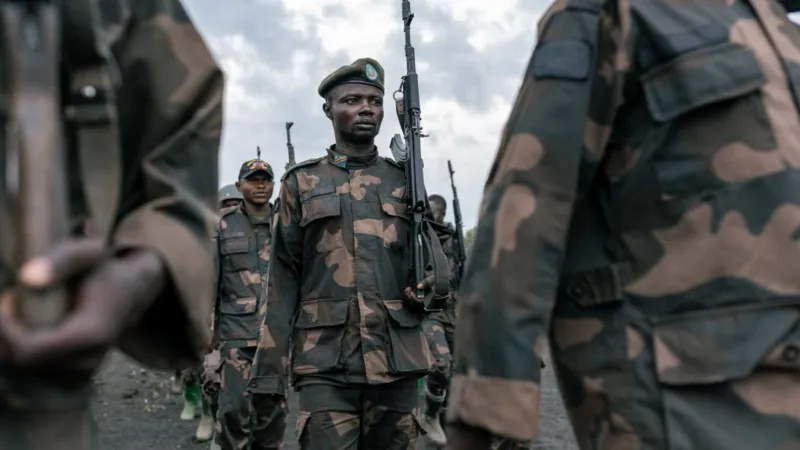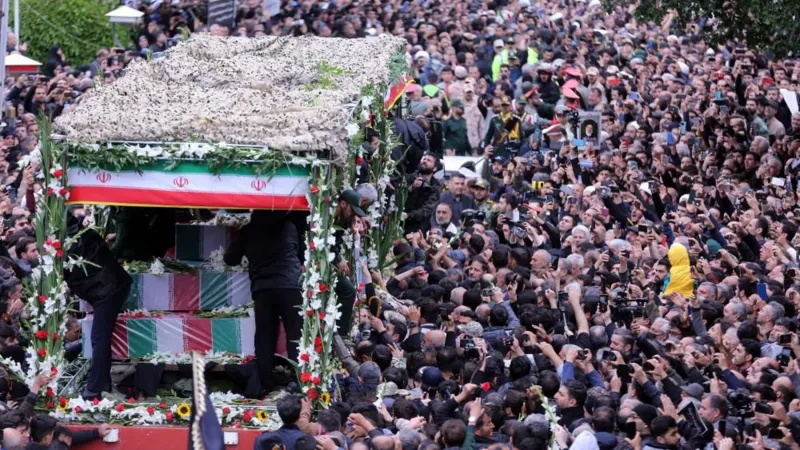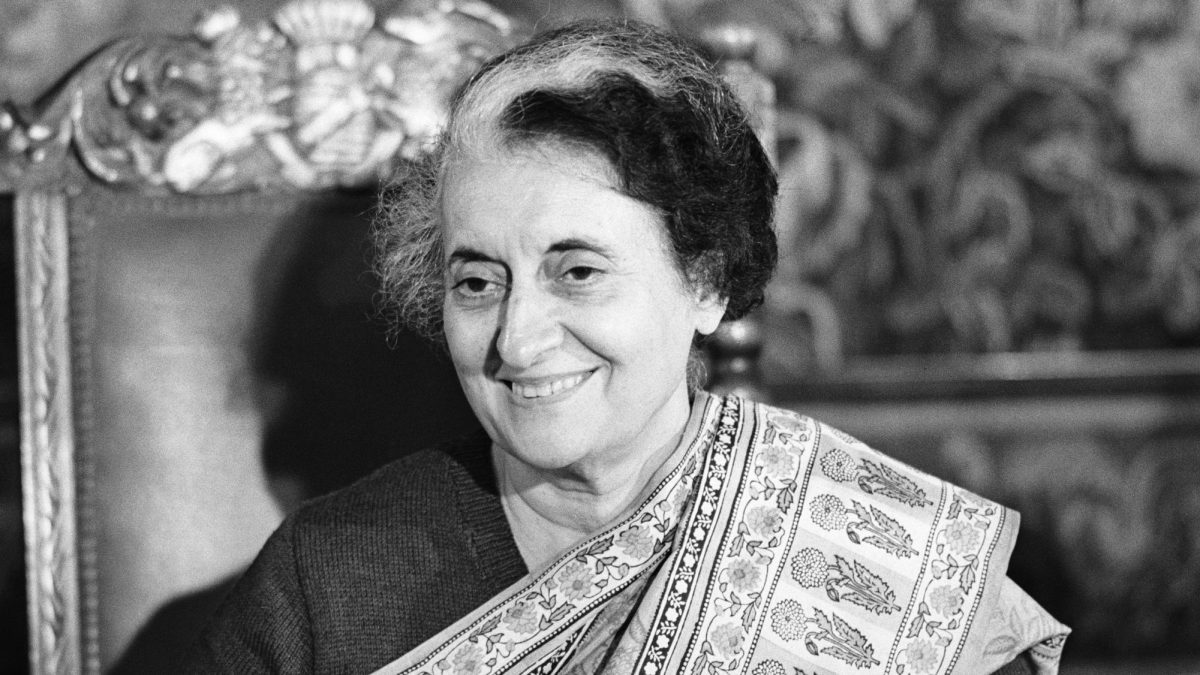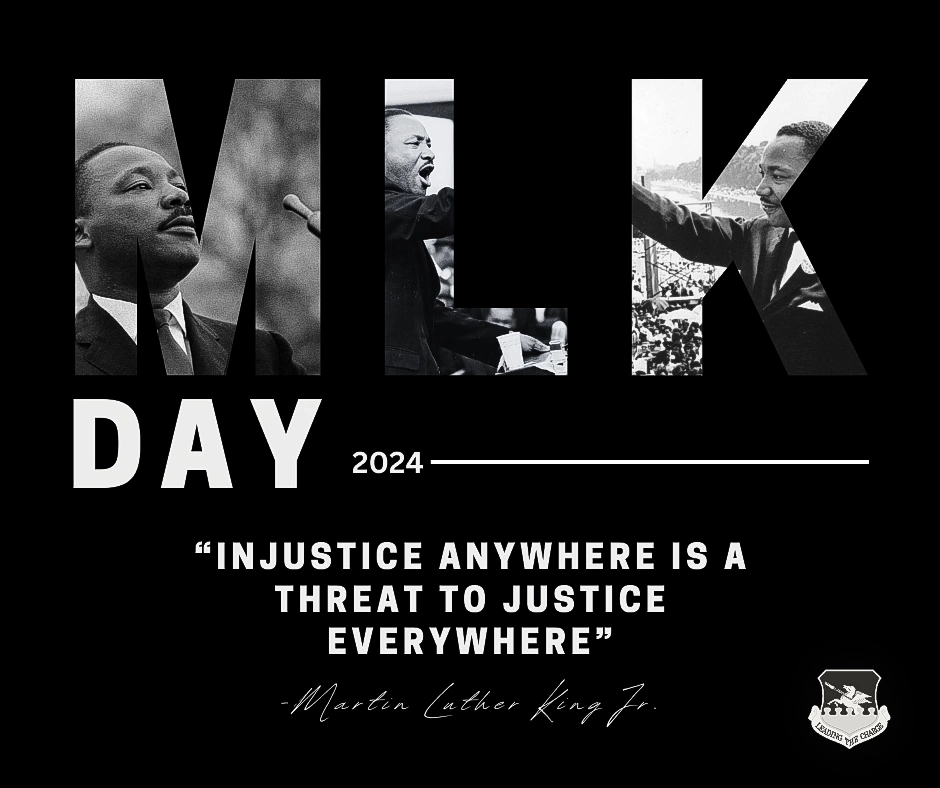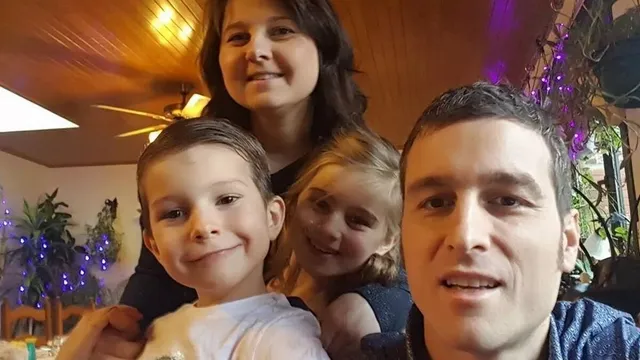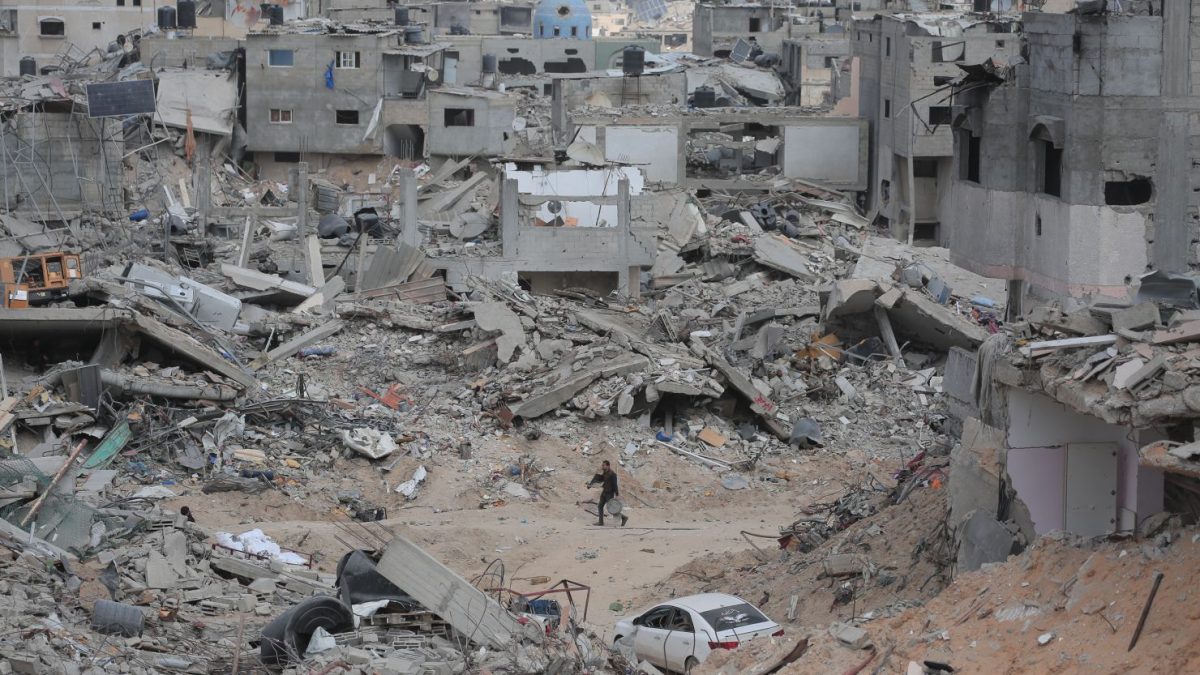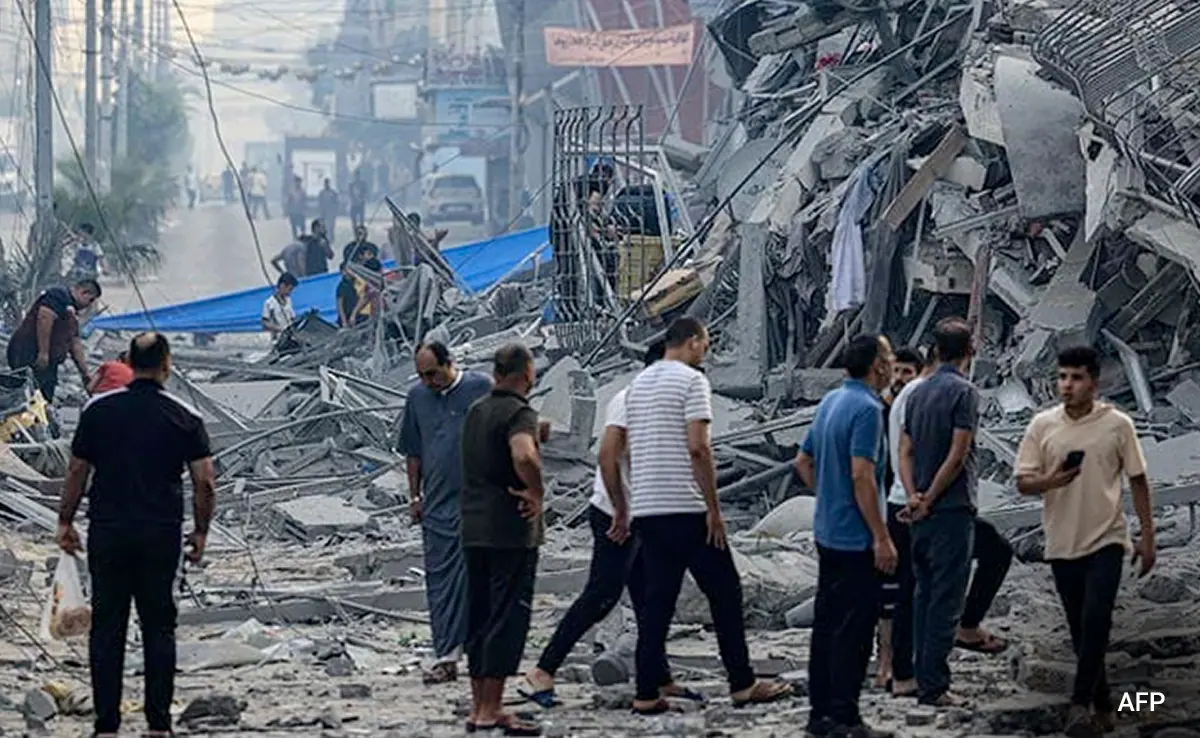However, while Hamas has sent a delegation to Cairo for more negotiations with Egyptian and Qatari mediators, Israel has not. Israel has officially stated, in local media, that they demand clear answers on many issues as well as a list of Israeli hostages being held by Hamas who could be released with an agreement. Hamas official Dr. Basem Naim responded by stating that “it is impossible to know who is still alive” due to continuous Israeli bombing.
Dr. Naim added to this by stating that Hamas would not let go of “valuable information” about the hostages “for free”. He and other senior Hamas figures demand not simply a temporary truce for the sake of Ramadan, but a full ceasefire and a withdrawal of Israeli troops from Gaza. The US and others will most likely put pressure on Israel and Hamas to try to make progress in this deal. Following the agreement for a truce during Ramadan, much desperately needed aid would be let into Gaza. However, if the truce does not occur, widespread tensions would most likely follow suit.

The agreement between the two would see 40 Israeli hostages captured by Hamas exchanged with around 400 Palestinian prisoners in Israeli prisons. Over 130 hostages are believed to be held by Hamas. Israeli officials say that around 30 of them have died.
Israel is expected to impose restrictions on access to the al-Aqsa mosque, one of the holiest places in Islam. It was built on top of Temple Mount, which is the holiest site in Judaism. This place has been a flashpoint for violence between the two religions.
Last week, the leader of Hamas, Ismail Haniyeh, claimed that the militant group had been showing flexibility in many negotiations. However, he also called on all Palestinians in the West Bank and Jerusalem to march on the al-Aqsa mosque and pray on the first day of Ramadan.
US Vice President Kamala Harris said in a statement that there “must be an immediate ceasefire for the next six weeks, which is what is currently on the table. This will get the hostages out and a significant amount of aid in. People in Gaza are starving. The conditions are inhumane and our common humanity compels us to act.” These are some of the strongest comments said by a government official that reflect Washington’s frustration at the development of the war. What is happening in Gaza is also decreasing Biden’s popularity, and he may struggle in his re-election campaign.
There is also much domestic pressure within Israel on the war cabinet for new deals to release the hostages. These were mainly led by people who had their family members captured in the initial attack by Hamas. However, thousands joined them as they began a 4-day solidarity march near one of the sites that was a focal point of the October 7th attack, finally ending in Jerusalem on March 2. They held up the Israeli flag and images of the hostages held by Hamas.


